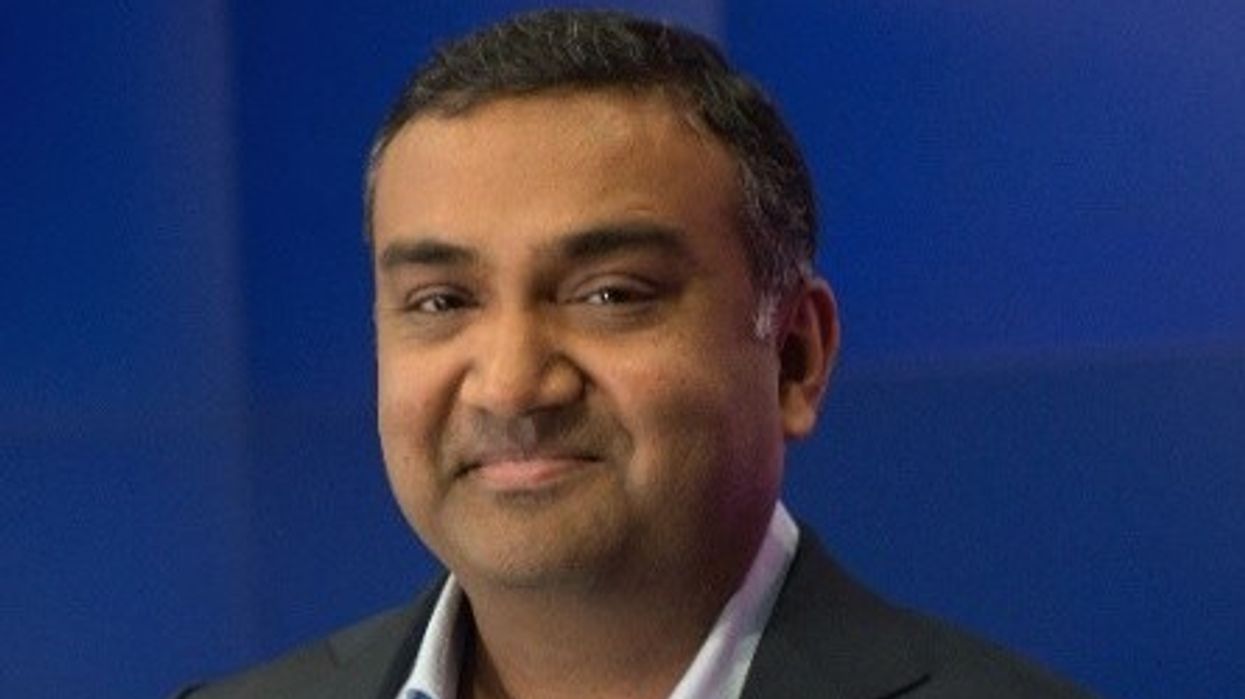Neal Mohan, a longtime Indian American YouTube executive, will be the new CEO of the Google-owned video sharing platform.
Mohan, a Stanford graduate and a senior advertising and product executive who joined Google in 2008, will join the elite club of global tech chiefs of Indian origin such as Google parent Alphabet's Sundar Pichai, Microsoft's Satya Nadella, IBM's Arvind Krishna, and Adobe's Shantanu Narayen.
Mohan, 47, was appointed chief product officer at YouTube in 2015, a role where he focused on building YouTube Shorts, Music and subscription offerings.
Before joining Google, he spent nearly six years at DoubleClick, a company Google acquired in 2008. At Google, he was senior vice president of display and video advertising for about eight years.
Here is a list of top Indian-origin CEOs:
Sundar Pichai - CEO, Google LLC & Alphabet Inc: The Madurai-born, 47-year-old IIT Kharagpur graduate started his career with Google in 2004 and rose to the position of CEO in 2015. He was eventually appointed the CEO of Alphabet Inc, the parent company of Google, in December 2019.
Satya Nadella - CEO, Microsoft: Once responsible for building and running Microsoft's computing platforms, the Hyderabad-born Satya Nadella became the CEO of Microsoft, succeeding Steve Ballmer in 2014. A BE from Manipal Institute of Technology, MS from the University of Wisconsin-Milwaukee, and MBA from the University of Chicago Booth School of Business, he also succeeded John W Thompson to become the Chairman of Microsoft in 2021.
Parag Agrawal - CEO, Twitter: After Twitter's CEO Jack Dorsey stepped down from his role, IIT-Bombay graduate Parag Agrawal was named the chief executive of the firm in November 2021. He was in the role till the company was taken over by Tesla founder Elon Musk.
Arvind Krishna - CEO, IBM Group: An alumnus of the Indian Institute of Technology, Kanpur, Arvind Krishna has been with IBM for over two decades. He replaced Virginia Rometty as CEO of the IBM Group in January 2020.
Shantanu Narayen - CEO, Adobe Inc: Born in Hyderabad, Shantanu Narayen started his career at Apple and joined Adobe in 1998. He got promoted to CEO in December 2007 at the age of 45.
Jayshree Ullal - CEO, Arista Networks: Born in London and raised in New Delhi, Jayshree Ullal is the CEO of Arista Networks since 2008.
George Curian - CEO, NetApp: Born in the Kottayam district of Kerala and educated at IIT Madras, George Curian became the Chairman and CEO of NetApp in June 2015.
Rajeev Suri - CEO, Nokia Inc; Born in New Delhi and raised in Kuwait, Rajeev Suri was named the CEO of Nokia Inc in April 2014. In 2020, he gave way to its new CEO, Pekka Lundmark, and joined Inmarsat as CEO effective from March 1, 2021.
Ajaypal Singh Banga - CEO, Mastercard: Born to retired Indian Lieutenant General Harbhajan Singh Banga, Ajay began his business career with Nestle in 1981 and joined Mastercard in the 1990s. He was appointed President and CEO of Mastercard in July 2010 and remained in office till December 31, 2020.




